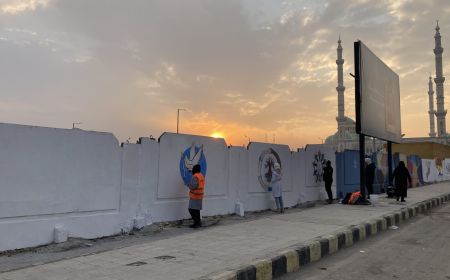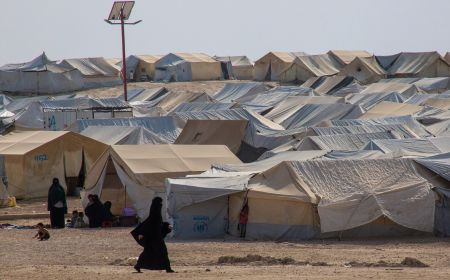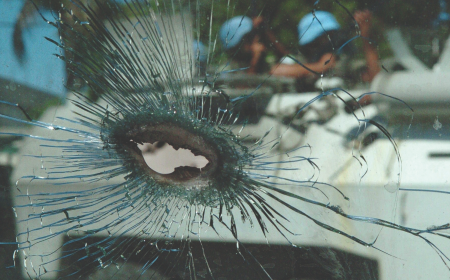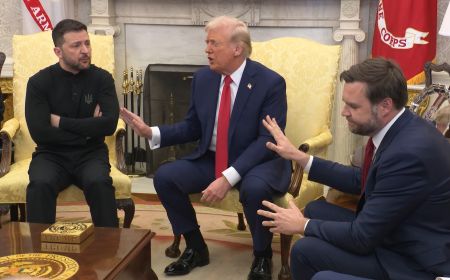Attacking Iran Isn’t Just Illegal, it’s Illegitimate and Dangerous
European leaders should clearly oppose the American and Israeli attacks on Iran. Yet for the most part they have called for more negotiations and condemned Iran. While European leaders may appear to have several good reasons for failing to clearly oppose the attacks – such as recent mass repression carried out by the Iranian government and a desire to avoid antagonizing the Americans – these do…











